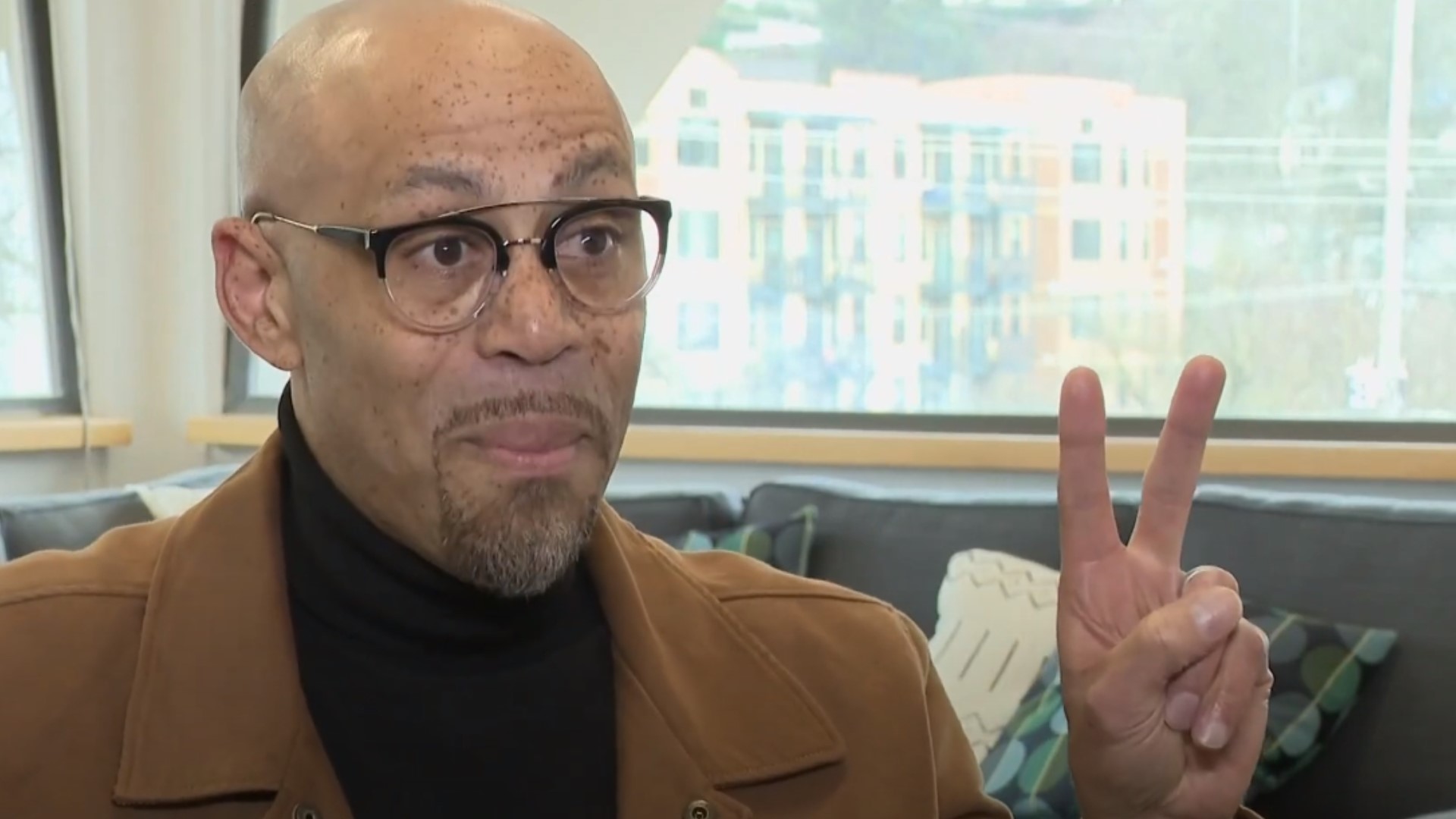PORTLAND, Ore. — This week, a familiar furry face asked a seemingly simple question on social media and the answer was more telling than anyone on Sesame Street could have imagined.
“Elmo is just checking in! How is everybody doing?” the red Muppet tweeted out.
It was apparently a question that needed to be asked. The tweet was met with an outpouring of exhausted responses, some with hilarious memes and others with serious concerns.
Now, this story isn’t all about Elmo, but it is about what he started: a conversation.
The social media moment highlights an obvious need for people to have a caring, understanding ear while talking about mental health.
“Why is it so hard to talk about? Number one: we don’t talk about it, and number two: the way that we talk about it. That’s what makes it hard,” Dr. Kieth Dempsey said.
Dr. Keith Dempsey is a Portland clinician, speaker, and community advocate. It is his mission to create spaces for these types of conversations to foster hope and healing.
“Any time you don’t talk about something, no matter what it is, it gives it a kind of stigma. It makes it taboo,” he said. “So, whatever that thing is really what that says is: it’s not okay to talk about.”
Often, when we do talk about mental health, the way we approach it is negative.
“We talk about it like, if you’re dealing with mental health, something is wrong with you,” Dempsey said. “As I’ve been going around the country talking about this stuff ... mental health is a human experience. It is a human experience; we all have it.”
Feb. 1 is Time to Talk Day, a growing movement to encourage everyone to start a conversation about mental health. It can be as simple as checking in, as Elmo did, by asking, ‘How are you doing?’
Dempsey says once you open that door, the most important thing you can do for others is to listen openly and without judgment.
“It doesn’t have to go any further than that: ‘Hey, I’m here to talk, I’m here to listen,’" Demsey said. “And it’s okay not to be okay, in order to feel that I can be okay.”
Challenges with starting the conversation and accessing care are unique to everyone, and Dempsey is working to address that in the Black community.
“There’s a lot of stigma: ‘We don’t go to counseling; we go to church.’ ‘What goes on in this home stays in this home.’ So, there’s a big push. Everybody says, 'Black folks, we have got to get past the stigma.' That’s correct. However, it’s incumbent upon us to understand where that stigma came from,” Dempsey said. “There’s a history in the health systems; there’s a history in the mental health systems that African American folks have not been treated well. When you haven’t been treated well, and you haven’t gotten good outcomes, you are in a place that’s not safe, you stay away from those places.”
That is why, he says, it’s so important to start conversations within families, friendships and communities to build trust, break stigmas and foster better mental well-being.
“The first thing to understand is that the stigma comes from somewhere. So the onus is not just on the individual to get past the stigma, the onus is on me as a therapist, other folks as therapists, people who have power,” Dempsey said.
In next week’s 'Healthier Together,' Dr. Dempsey will go deeper into the barriers Black communities face while talking about mental health and getting access to the right resources.
If you or someone you know is in crisis, help is available any time by calling or texting the National Crisis and Suicide Lifeline at 988.

